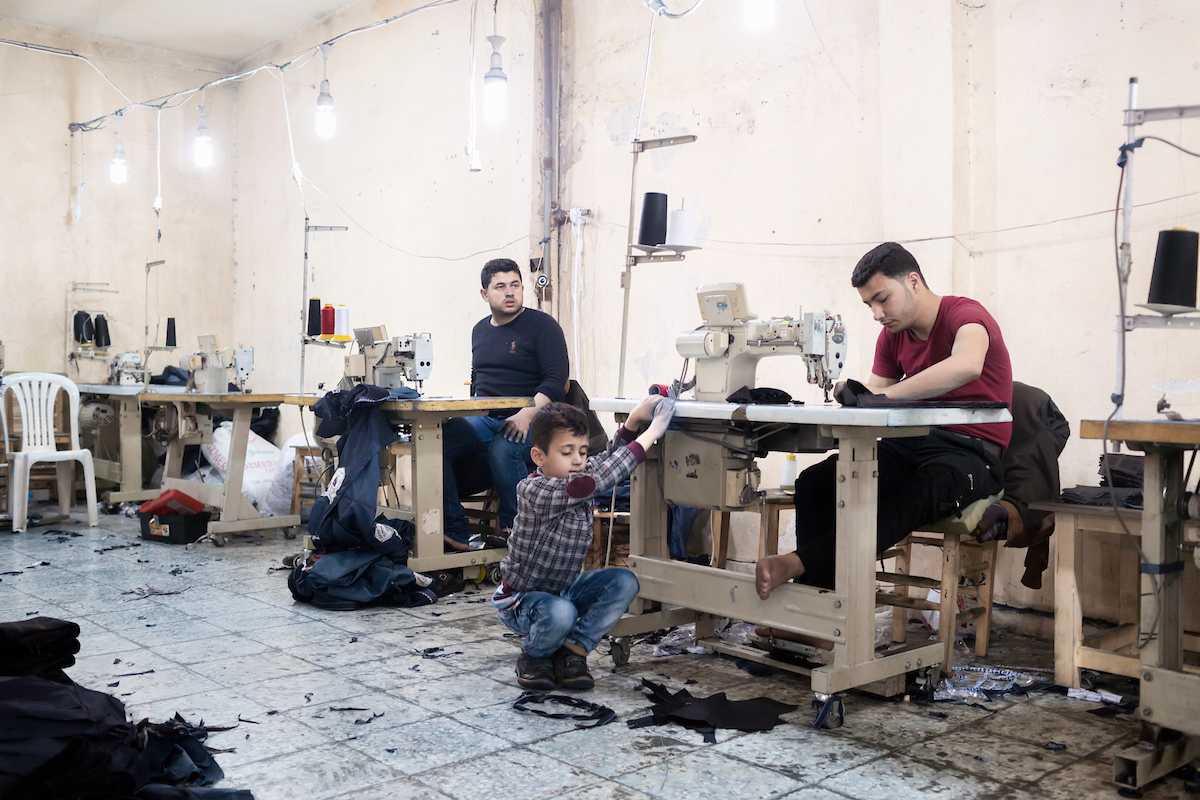- Activities
MAPS is a collective effort proposing new ways and approaches of storytelling to address the world's changing environment and societies.
MORE- Works
- Cultural
- Education
- Collective projects
- Members
MAPS brings together various dedicated professionals who want to start a new adventure and learn from each other in the process.
MORE- Photographers
- Creatives
- Contributors
- Foundation
Series
Lost Generation, Turkey
Alessandro Penso
This work seeks to shine a light on the real situation for many refugee children in Turkey, particularly in view of the multibillion-dollar agreement made with the EU that came into effect in March 2016. I focused on the situation for children who don’t have access to schools or have not been integrated into the Turkish system.
The situation for these children and their families, and for unaccompanied minors is extremely harsh. To survive, many move to the outskirts of big cities or to smaller centers, or to the countryside, in search of cash in hand work in the hope of prospects for a better life. In the countryside of Izmir, I found families working in the agricultural sector, living near the fields in the hope of obtaining work from day to day. Pay is low, and children are left to look after each other while their parents are at work. Even worse is the situation in cities such as Gaziantep, where Syrians, including children, find work in unauthorized workplaces such as garment factories. Often unable to obtain official work permits, many refugees work illegally, leaving them vulnerable to exploitation.
UNICEF estimates that one Syrian child in 10 works to support their family, working six or seven days a week for more than eight hours a day, while according to Human Rights Watch, 380,000 Syrian children in Turkey are not receiving an education.
I had expected to find many barriers to photographing the situation of refugee children in Turkey, particularly those who were working. Instead, in the Gazientep factory where some of these images were taken, some parents reacted positively. One told me that his heart breaks when he enters the factory because his son should be at school or out playing with other children. The custodian at the factory said that many of the boys working there had lost their fathers or that their fathers were unable to work, and that since he had been there, the factory had only produced clothes for the European, Iraqi and Russian markets.
























































